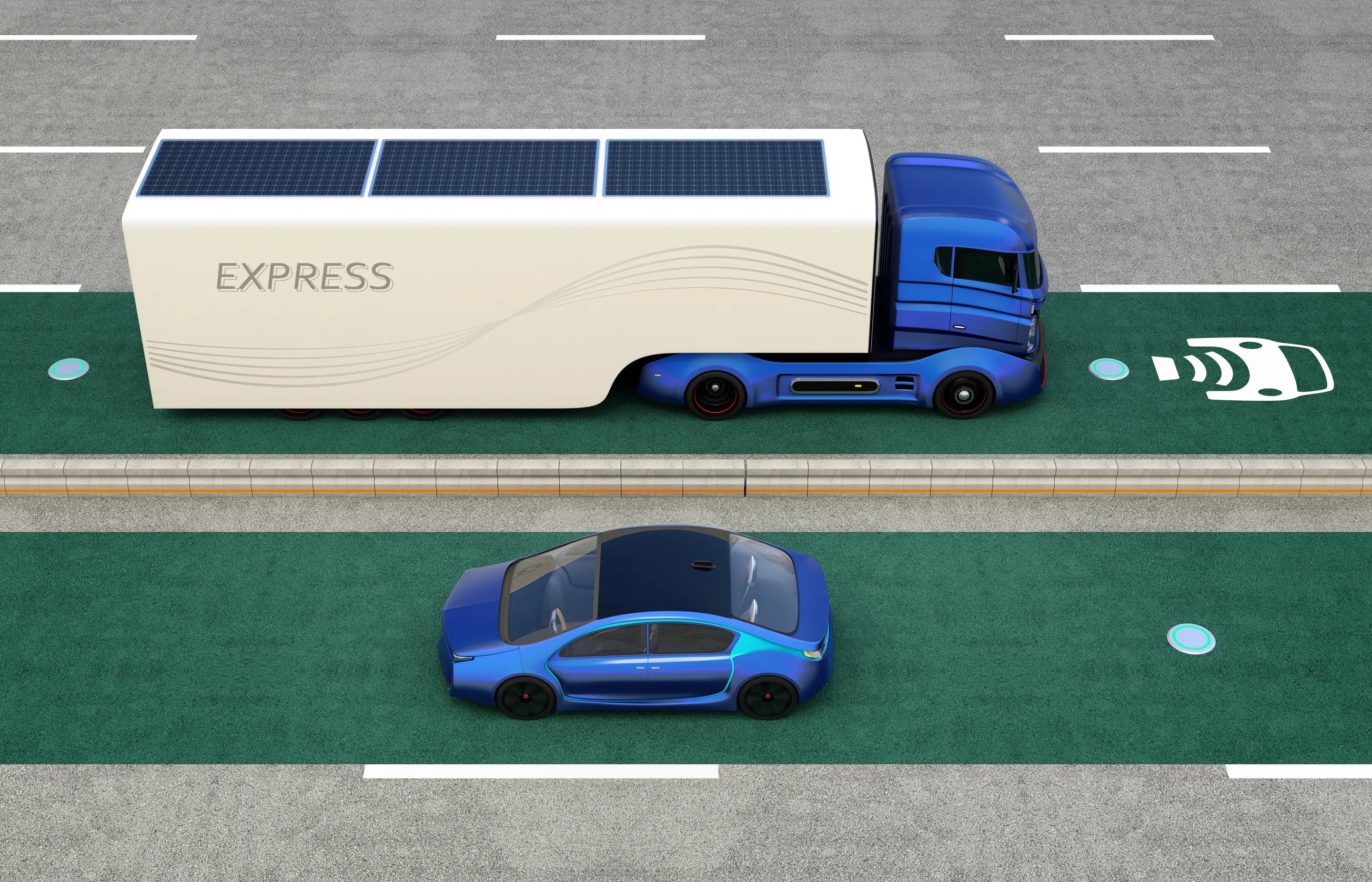As the EU passes a landmark law requiring all new cars sold to have zero CO2 emissions from 2035, European countries are racing to prepare the infrastructure needed for fossil fuel-free mobility. Sweden is taking the lead by turning a highway into a permanent electrified road, with dynamic charging allowing cars and trucks to recharge while driving.
The chosen motorway, European route E20, connects logistic hubs between Hallsberg and Örebro, which are located in the middle of the country’s three major cities, Stockholm, Gothenburg, and Malmö. The project is currently at the procurement stage and is planned to be built by 2025. The charging method for E20 hasn’t been decided, but there are three types of charging: catenary system, conductive (ground-based) system, and inductive system.
While much of the Electric Road System (ERS) focuses on trucks, a recent study suggested that private cars could also benefit. Combining home charging with dynamic charging could reduce the size of the battery by up to 70 per cent. Not all roads in Sweden need to be electrified; doing so on only 25 per cent of all roads would be efficient for the system to work, according to researchers.
With plans to expand a further 3,000 km of electric road by 2035, Sweden has partnered with Germany and France to exchange experience through authority and research collaborations on electric roads. Other countries like Italy, the UK, the United States, and India are also building ERS systems.
Source: Euronews

